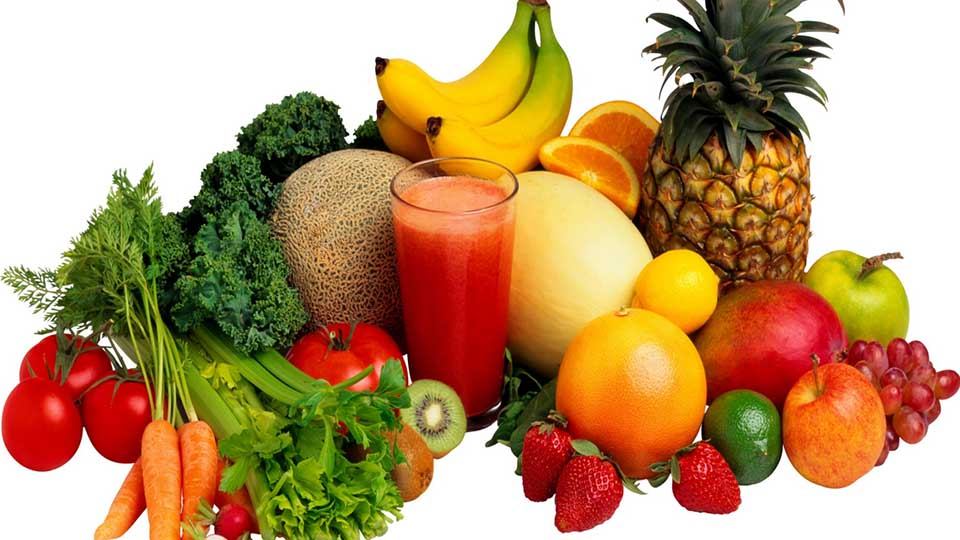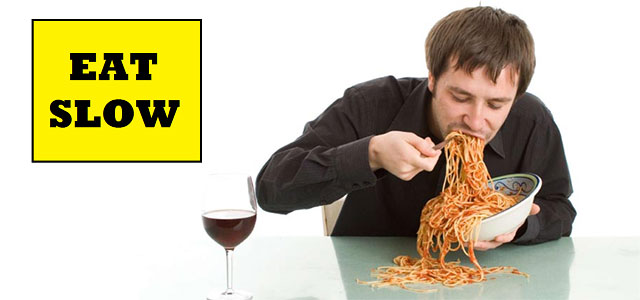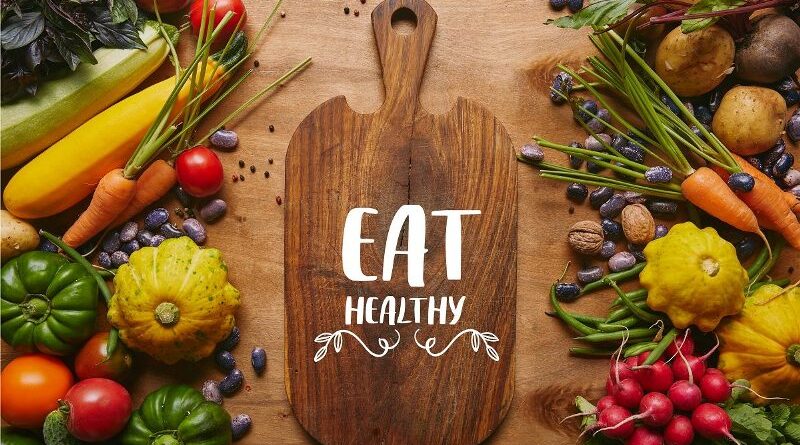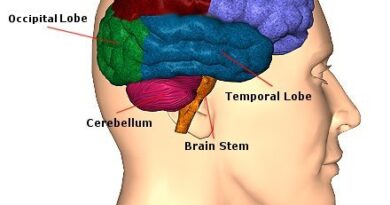We Really are What we eat
Why to eat healthy ?
It is general tendency among the adults that eating healthy is only required for older people or people suffering from some disease. This misconception has led to many nutritional disorders, obesity, diabetes and many other chronic diseases. Eating healthy has to be a part of daily routine among all age groups. Our body requires various nutrients like vitamins, fibers, minerals etc. in specific amount. The key to eating healthy is to eat the right food in right amount so that it can provide right amount of nutrients to fulfill body needs. It is very important to eat calories for how active you are so you balance the energy you consume with the energy you use. Eating or drinking more than your body needs will result in putting on weight as extra energy is stored as fat. Eating or drinking less will result in losing weight.
Tips for a healthy diet
Following are the tips for healthy diet –
1. Eat lots of fruits and vegetables :- A diet rich in fruits and vegetables has been scientifically proven to provide numerous health benefits, such as reducing your risk of several chronic diseases and keeping your body healthy. A diet rich in vegetables and fruits can also lower blood pressure, reduce the risk of heart disease and stroke, prevent some types of cancer, lower risk of eye and digestive problems, and have a positive effect upon blood sugar, which can help keep appetite in check.

2. Eat Slowly :- The pace at which you eat influences how much you eat, as well as how likely you are to gain weight. It has been by studies that fast eaters are much more likely to eat more and have a higher body mass index (BMI) than slow eaters. The study tells that your appetite (i.e. how much you eat, and how full you get) are all controlled by hormones. Hormones signal to your brain whether you’re hungry or full.However, it takes about 20 minutes for your brain to receive these messages. That’s why eating more slowly may give your brain the time it needs to perceive that you’re full. So, simply eating slower and chewing more often may help you eat less.

3. Get Active :- The health benefits of regular exercise and physical activity are hard to ignore. Everyone benefits from exercise, regardless of age, sex or physical ability. Exercise can help prevent excess weight gain or help maintain weight loss. Physical activity stimulates various brain chemicals that may leave you feeling happier, more relaxed and less anxious. You may also feel better about your appearance and yourself when you exercise regularly, which can boost your confidence and improve your self-esteem.

4. Do not Get thirsty :- Keeping hydrated is crucial for health and well-being, but many people do not consume enough fluids each day. Around 60 percent of the body is made up of water.The studies have shown that drinking water can increase weight loss and promote weight maintenance, and it may even slightly increase the number of calories you burn each day. Studies have also shown that drinking water before meals can reduce your appetite and food intake during the following meal.

5. Do not skip breakfast :- You may have heard many times that breakfast is the most important meal of the day. And if you are wondering why? The answer lies in the name itself – break the fast that you have undergone through the night. By regularly skipping morning meals you are more susceptible to weight gain and at an increased risk of atherosclerosis, heart disease, high blood pressure, diabetes, obesity and high cholesterol.

6. Cut down on sugar and saturated fats :- Your body needs healthy fats for energy and other functions. But too much saturated fat can cause cholesterol to build up in your arteries (blood vessels). Saturated fats raise your LDL (bad) cholesterol. High LDL cholesterol increases your risk for heart disease and stroke. On the other hand, in the short-term, eating too much sugar may contribute to acne, weight gain, and tiredness. In the long-term, too much sugar increases the risk of chronic diseases, such as type 2 diabetes and heart disease.






The article was really helpful!